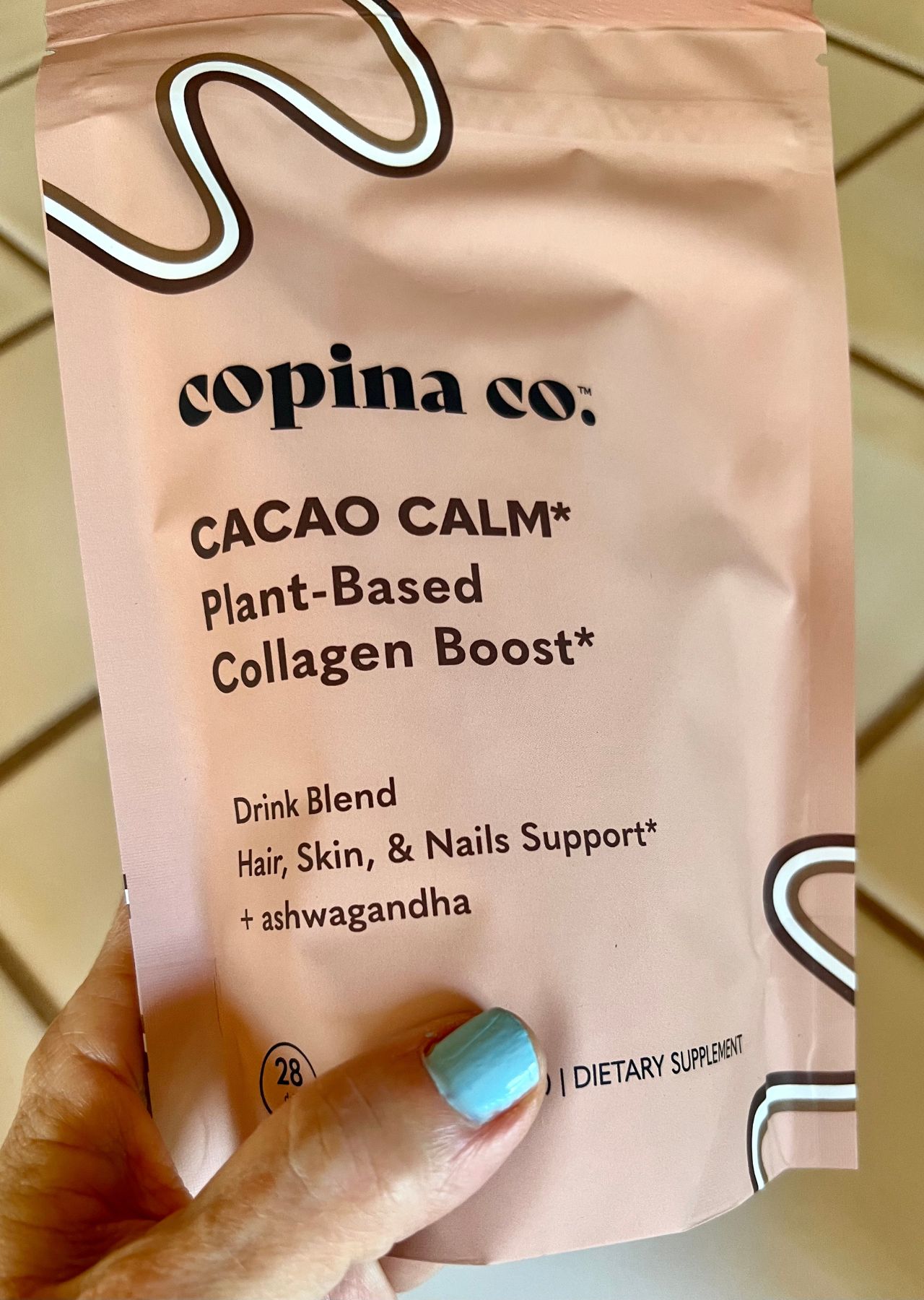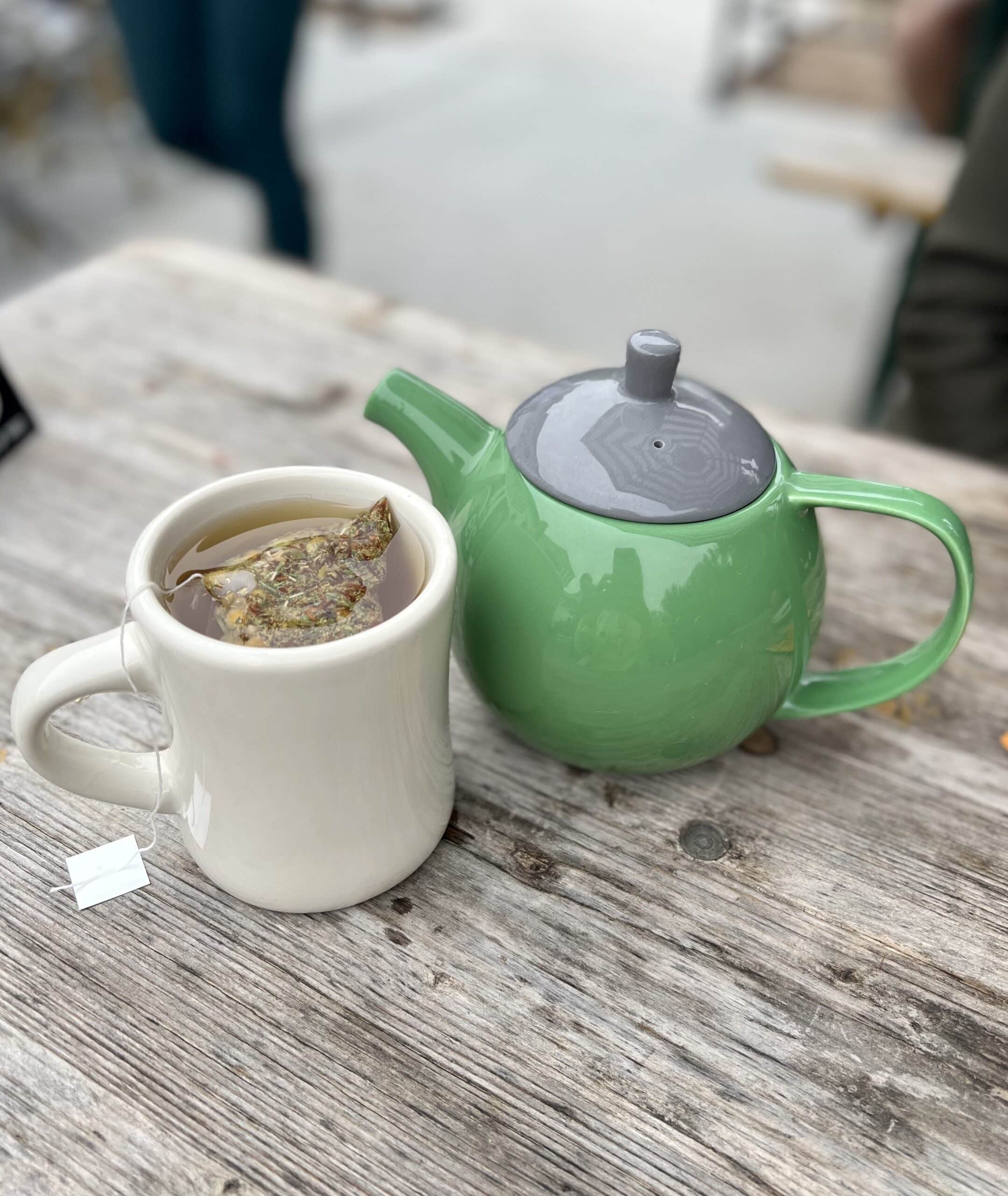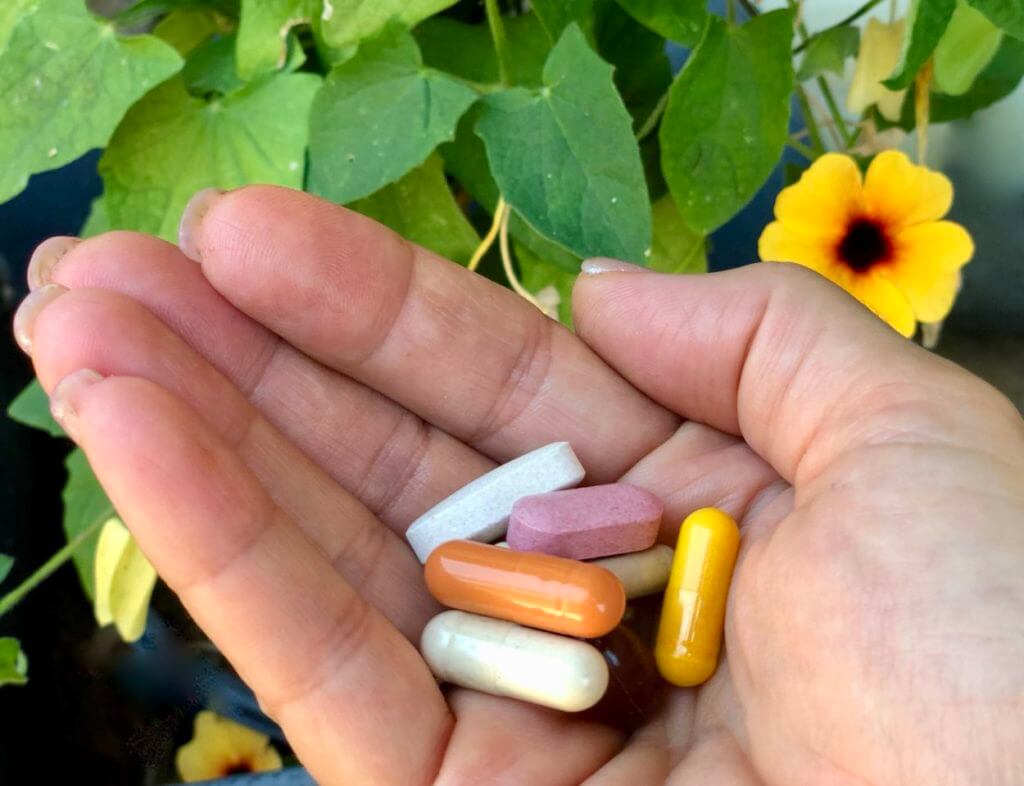Wondering what vegan collagen and vegan collagen powder are? Does Vegan Collagen Have Any Proven Health Benefits? Read this expert guide to learn more.
If you keep up with the latest health news, you’ve probably heard about the trend of adding collagen to your diet, usually through bone broth. Nowadays, those who eat a plant-based diet are interested in vegan collagen. However, there is some confusion about this term because collagen is essentially a type of connective tissue that can only be found in animal products such as cartilage, bone, and skin. The word “collagen” actually comes from Greek take a look, meaning “glue”. Our bodies naturally produce collagen throughout our lives. As we age, this process slows down, leading to muscle and joint weakness and an overall loss of “elasticity.” This is most noticeable on our faces because our facial skin is inherently thin, so a reduction in collagen production and strength reduces the elasticity of our skin, causing wrinkles. You can protect your natural collagen by avoiding excessive sun exposure. But what about diet? Research shows that collagen supplementation may modestly improve the appearance of wrinkles after a few months. But what about vegan collagen?

What is Vegan Collagen?
So, what is vegan collagen good for? Plants don’t have any bones or cartilage, so is there really such a thing as vegan collagen? There are many supplements and vegan collagen powders that claim to contain plant-based collagen. Unfortunately, some may contain actual animal collagen from bone or cartilage, so be sure to check the label before purchasing. However, many of these products are designed to provide nutrients that your body can use to support collagen production, not as an actual source of collagen but to act as collagen boosters. Some products contain the same proportion of amino acids as collagen. There is limited research on the effects of these supplements on skin health. There is currently research into producing true “vegan collagen” from yeast and other microorganisms, but it has not yet been produced on a large scale.In short, there are no actual Vegan collagen supplements currently on the market – supplements that only claim to contain nutrients such as vitamin C, biotin and plant extracts to promote collagen production. The thing is, you can get these nutrients, especially vitamin C, from a healthy plant-based diet.

The good news is you don’t need Buy collagen boosting supplements to improve and protect your body’s collagen. Many lifestyle and dietary changes can also be effective in promoting skin health. Be sure to avoid smoking, which is associated with a decrease in collagen, and avoid spending too much time in the sun without protection. Lack of sleep and stress can also negatively impact collagen and overall health, so be sure to incorporate relaxation into your daily routine.

Changing your diet is also a great way to influence collagen production. In fact, plant-based living is one of the best ways to stay healthy inside and out! Colorful fruits and vegetables like berries and bell peppers are amazing sources of antioxidants. These compounds neutralize harmful free radicals in the body, boosting your overall health and promoting collagen formation. Antioxidants are also found in tea, coffee, seeds, and herbs, so they are easy to incorporate into your diet.

A plant-based diet also provides a variety of vitamins and minerals to promote health. Vitamin C, found in oranges, broccoli and papaya, is essential for collagen formation. People with scurvy or severe vitamin C deficiencies often have old wounds reopen due to a lack of collagen, so be sure to eat fresh fruits and vegetables every day. Additionally, legumes such as tofu, tempeh, soybeans, edamame, soybeans, and soy milk have been shown to reduce wrinkles, so include these foods in your daily diet.

Overall, it can be disappointing to hear that “vegan collagen” supplements don’t actually contain any collagen. However, there are many ways to boost collagen production in the body, whether through one of the “collagen-boosting” supplements available on the market, or through lifestyle and dietary changes. Be sure to wear sunscreen, make sure you get a full night’s sleep, and – quite literally – eat your way through the rainbow by introducing new, colorful fruits and vegetables into your diet.

For more information on supplements, check out the following blogs:
Written by Sharon Palmer, MSFS, RDN, and Kathryn Atkinson, nutrition intern.
